Don Deelen says most people would think he was stupid for staying to defend his property from a bushfire.
“But you do what you think you have to do,” Mr Deelen said.
“It’s my house.”
Don Deelen says he stayed to defend his property. (ABC News:…
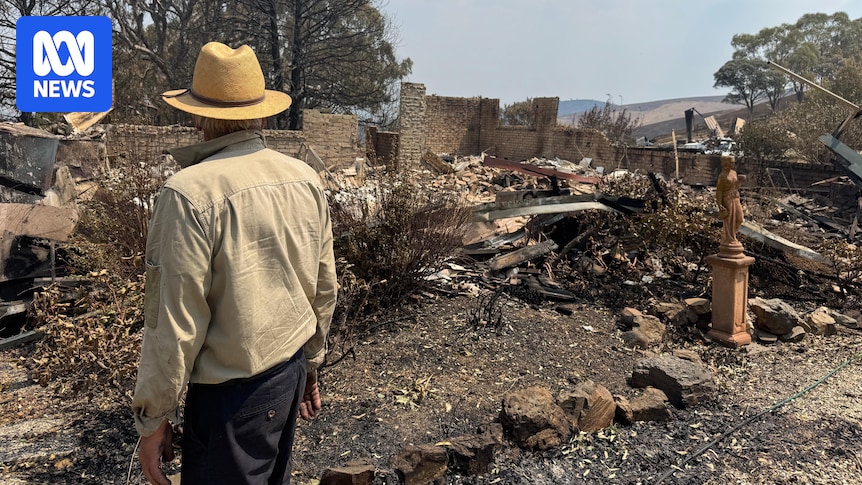
Don Deelen says most people would think he was stupid for staying to defend his property from a bushfire.
“But you do what you think you have to do,” Mr Deelen said.
“It’s my house.”
Don Deelen says he stayed to defend his property. (ABC News:…
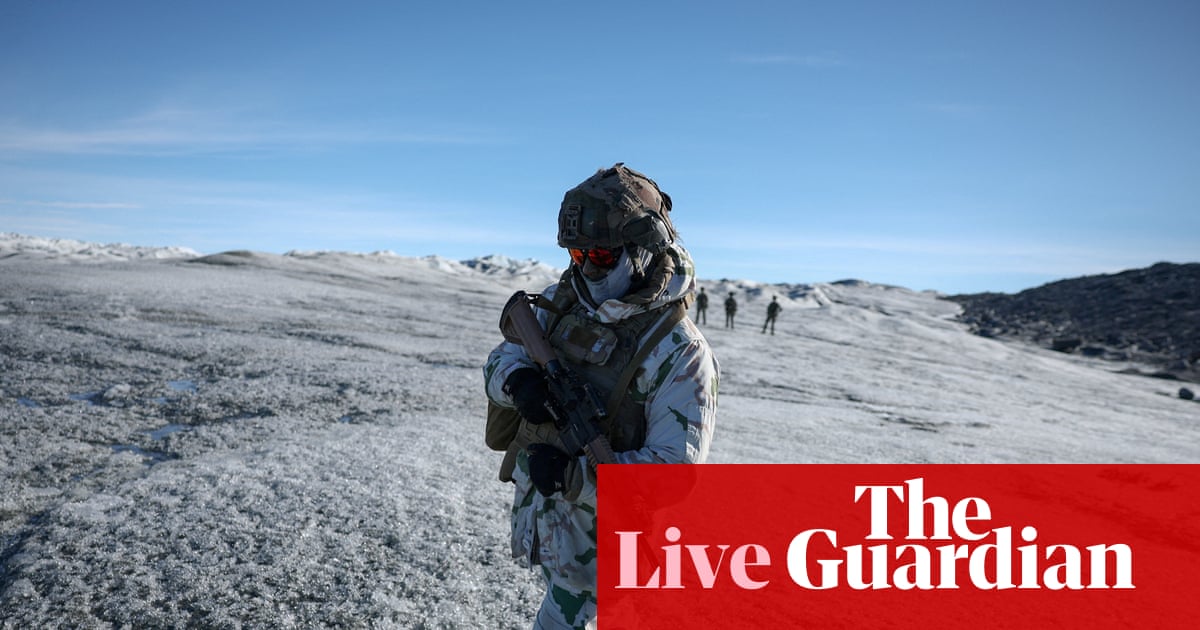
Greenland’s prime minister Jens-Frederik Nielsen also went a bit further, saying on his Facebook that he understood the unease with which many people followed the…
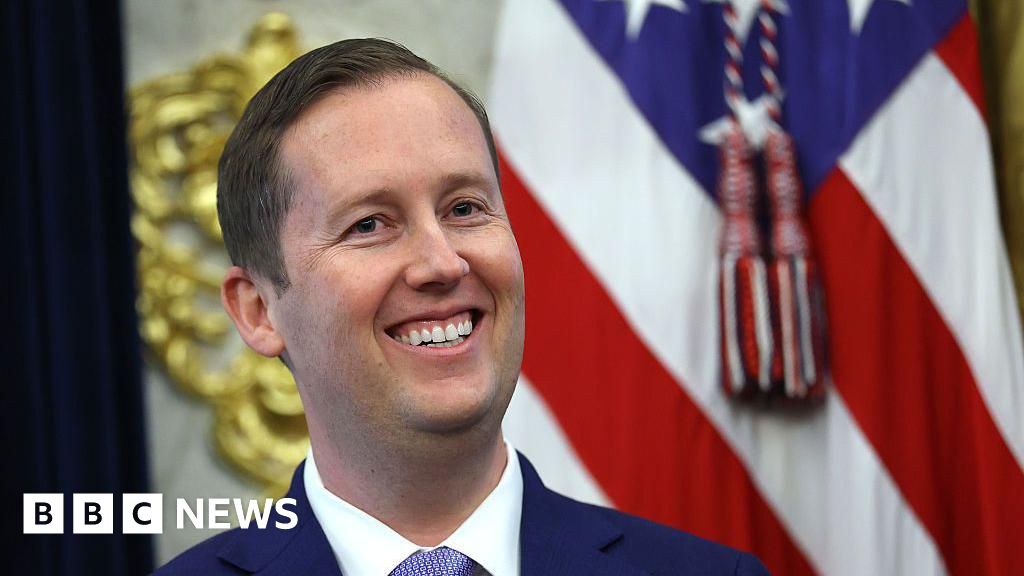
Jacky Martens and Vikas PandeyDelhi
 Getty Images
Getty ImagesIndia and the US are continuing to actively engage on trade deal negotiations, Sergio Gor, the new US ambassador to India, has said…

Earned settlement will be applied to main applicants and adult dependants across all settlement routes, so its impact will be felt both by people who are sponsored and those who aren’t. The new system will be more complex and require much more…
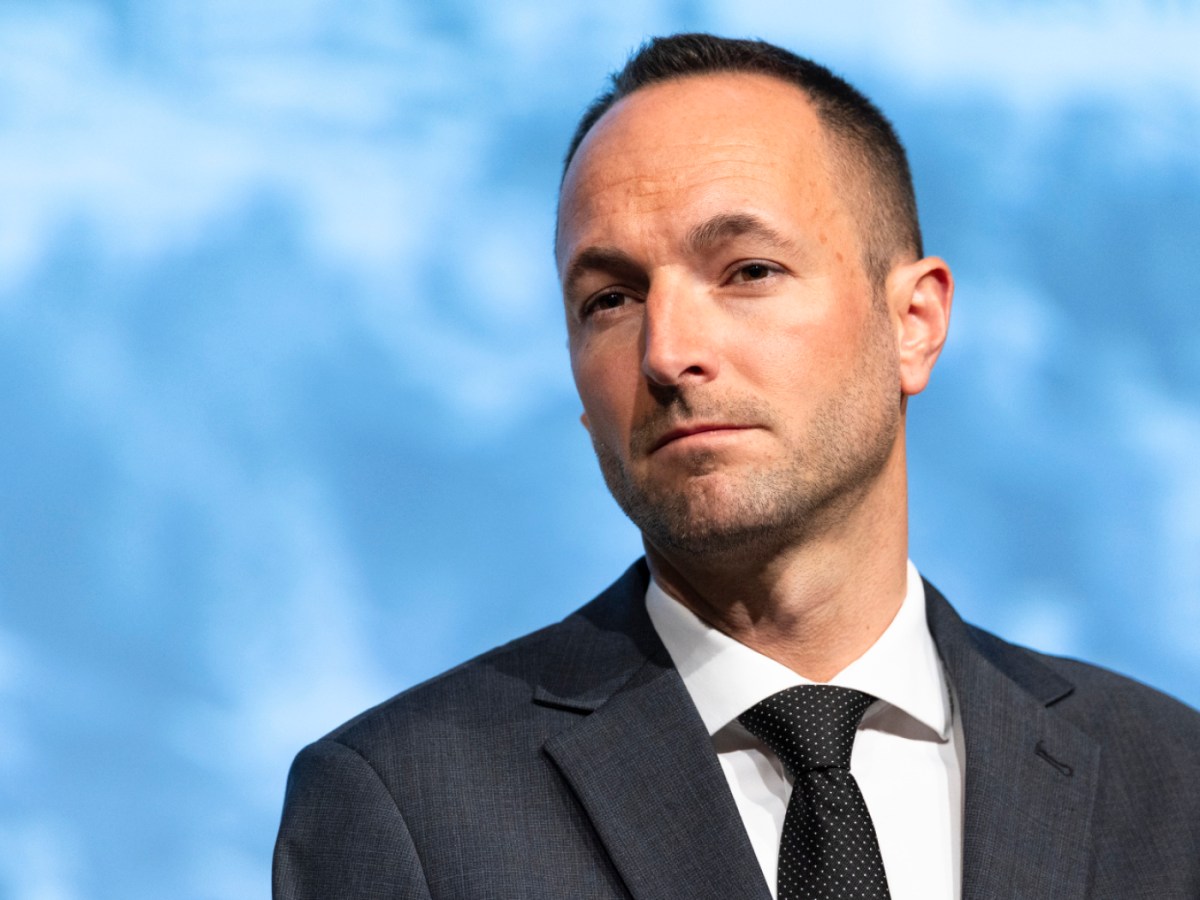
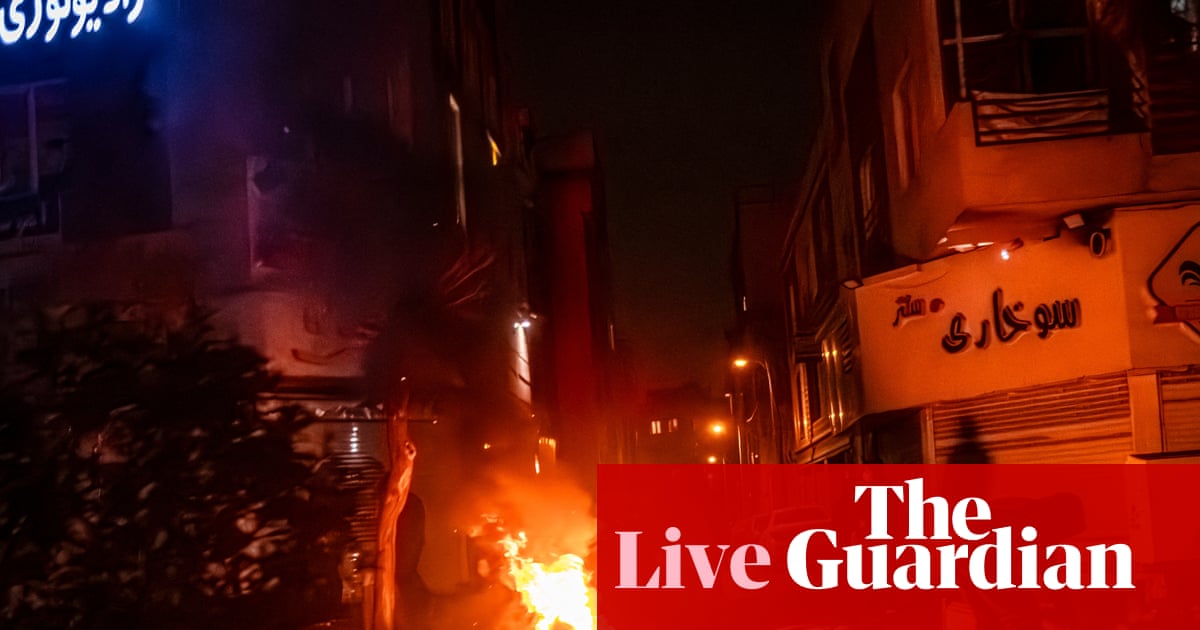
We’re pausing our live coverage – thank you for reading along. Here’s a quick recap of today’s key developments:
At least 648 demonstrators have so far been killed in the ongoing crackdown by Iranian security forces…
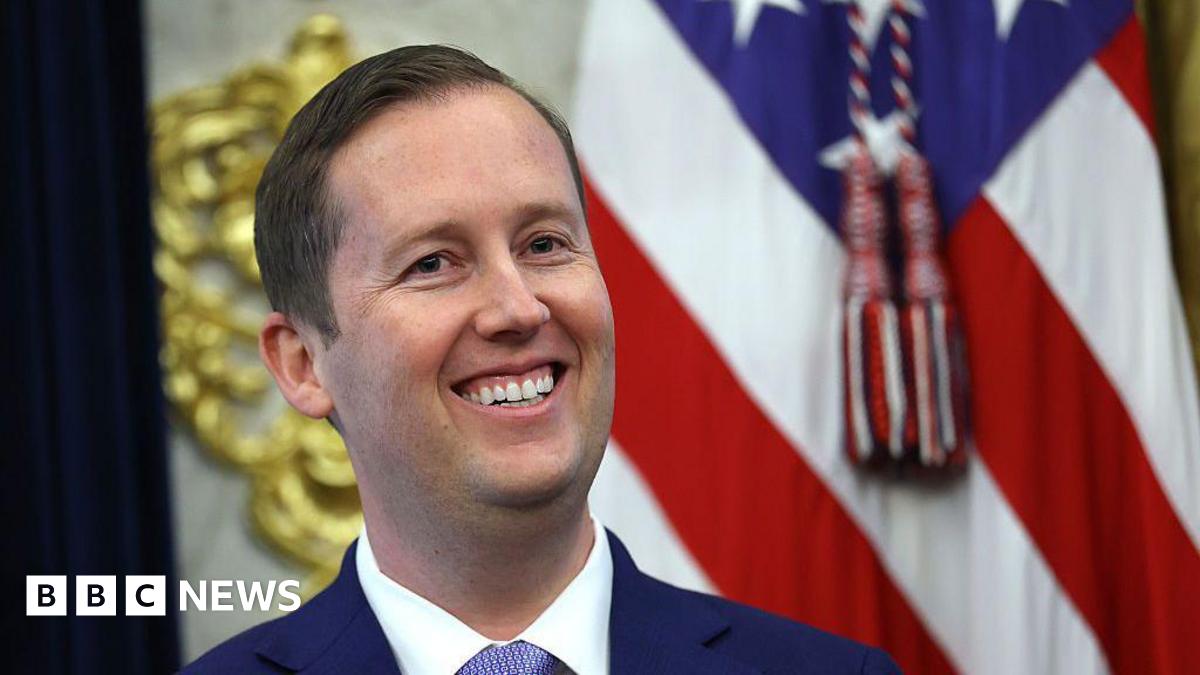
Relations between Trump and Modi, once seen as warm, have cooled in recent months, with disagreements ranging from trade to India’s stance on mediation on its conflict with Pakistan, even as the two leaders continue to speak periodically by…
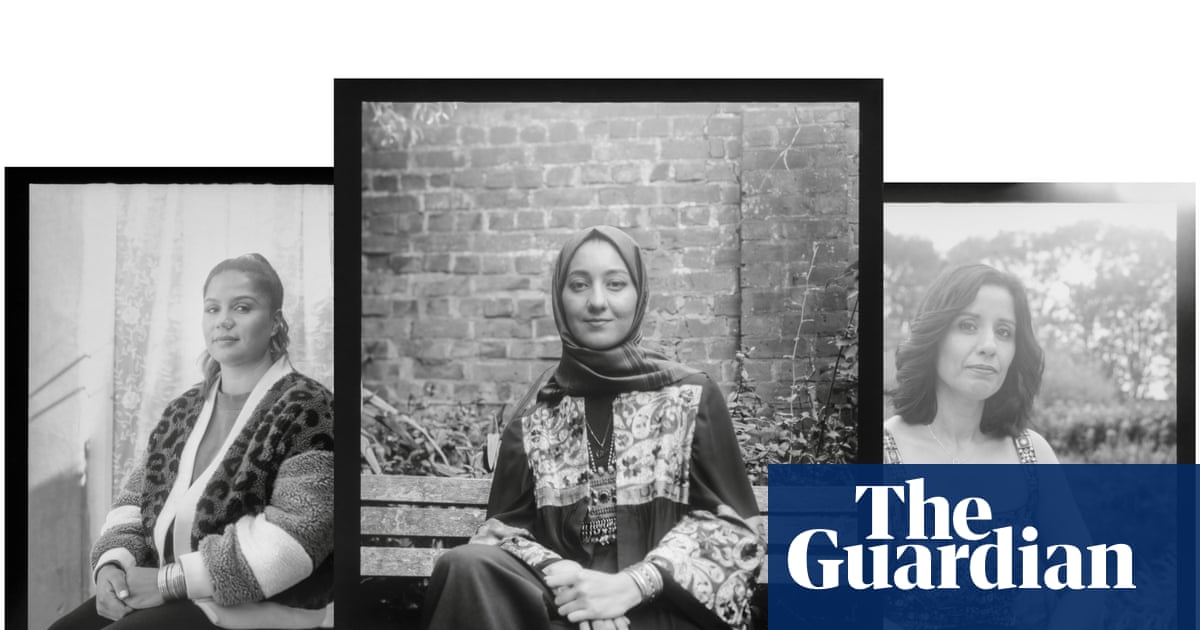
Since the Taliban’s return to power in Afghanistan in 2021, the regime has imposed sweeping restrictions on the rights of women and girls, with devastating consequences for society. Girls are barred from attending school beyond the sixth grade,…
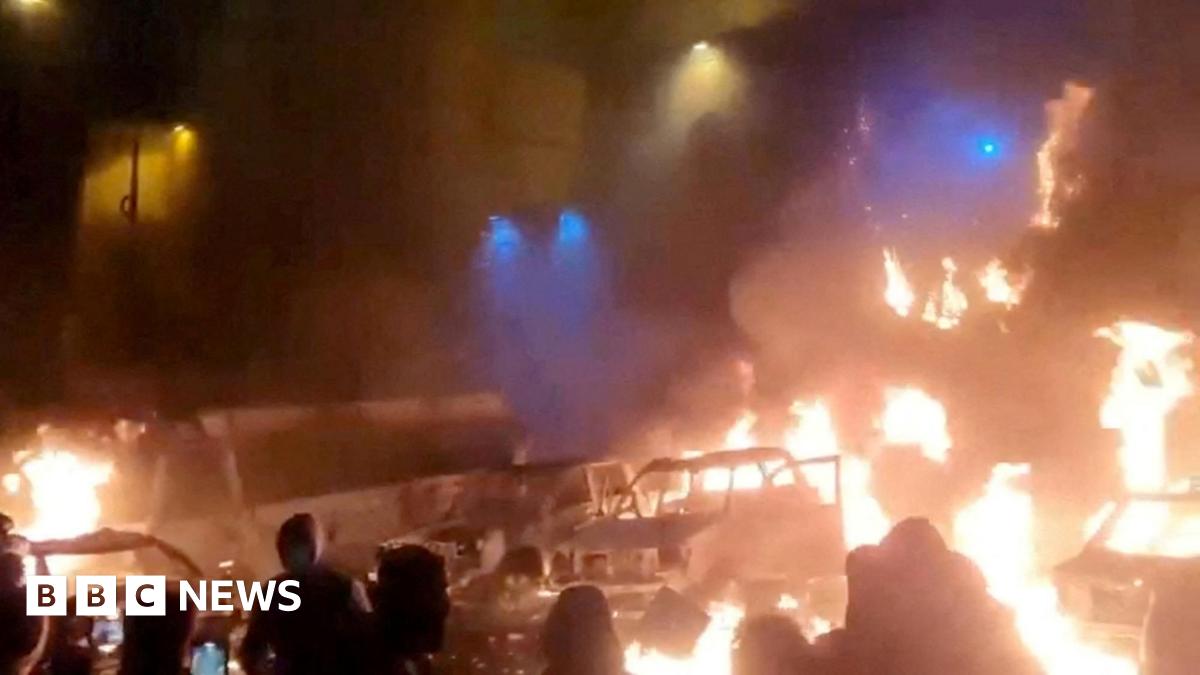
The BBC has spoken to Iranians in the UK who are unable to contact their relatives due to the ongoing internet blackout.
One British-born…